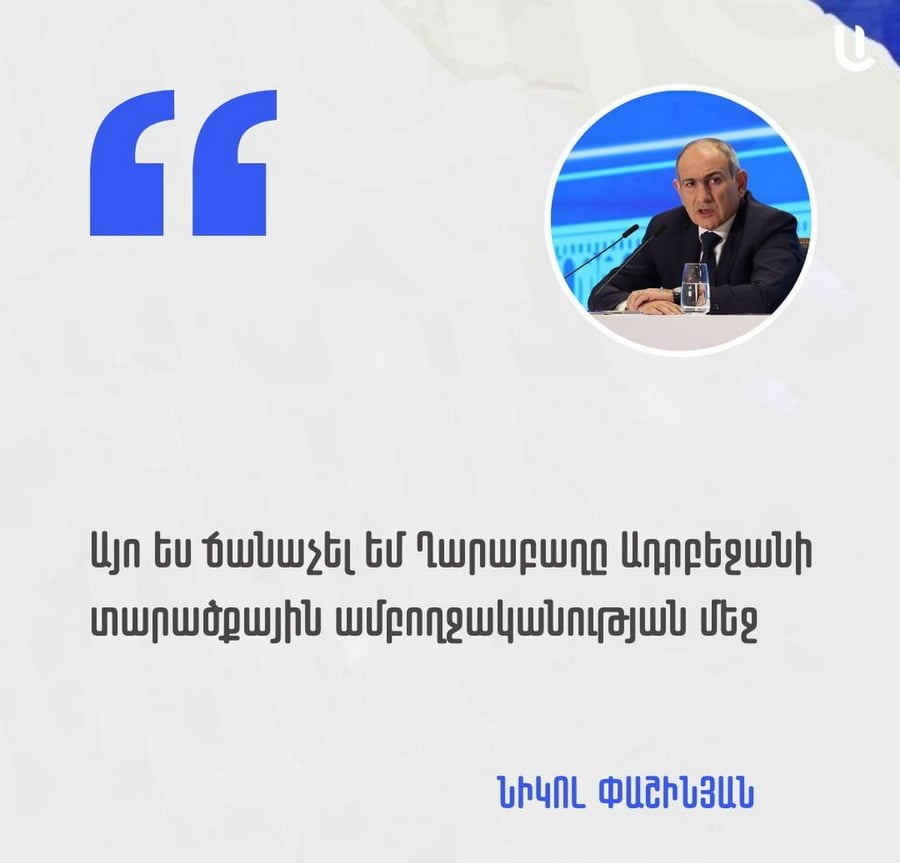If we were to briefly summarize the Prime Minister’s press conference, the following picture would emerge (these are my formulations, conveying the essence of what Pashinyan expressed):
He essentially said: “I’m right to curse—I’m the number one curser in Armenia.”
“I’m right to seek the replacement of the Catholicos, even if it contradicts the Constitution of the Republic of Armenia.”
“I’m right to take ENA (the Electric Networks of Armenia) from a disloyal owner and hand it over to someone loyal to me.” This was clearly never about nationalization—the state never intended to assume direct control.
“I’m right to give away the so-called Zangezur corridor—it’s just like handing over Veolia Water or Zvartnots Airport.” (Let’s just put a smiley here.)
And yes, “I reaffirm my willingness to show my genitals”—which, by any psychological measure, would be classified as exhibitionism.
Read also
Is there any issue on which Pashinyan admits he was wrong?
Apparently, yes: he now says he should have recognized Nagorno-Karabakh as part of Azerbaijan much earlier. But when exactly should that have been—May 2018? Could you imagine the newly triumphant revolutionary leader standing on the platform at Republic Square and announcing: “The war over Artsakh was meaningless—Artsakh is part of Azerbaijan”? I doubt the crowd would have continued chanting “Nikol, Nikol.”
Or should he have done so before the 2021 elections? And wouldn’t that have significantly reduced Civil Contract’s vote share?
Now, on the eve of another election cycle, Armenian Artsakh no longer exists. And yet, it’s entirely possible that hundreds of thousands will vote for CP once again.
What does that say about us?
It means, quite simply, that in the last five years our society has significantly deteriorated—morally, emotionally, and civically. We have become more indifferent, less empathetic, more detached. We no longer grieve over the loss of a land where Armenians have lived for millennia, where our churches, monasteries, and cemeteries are found. We feel no solidarity with the 120,000 Armenians from Artsakh, who now live in the Republic of Armenia, not only facing indifference, but also becoming official targets of hostility and hate.
All this has become possible under Pashinyan’s leadership—a leadership defined by boundless cynicism.
Aram ABRAHAMYAN




















































